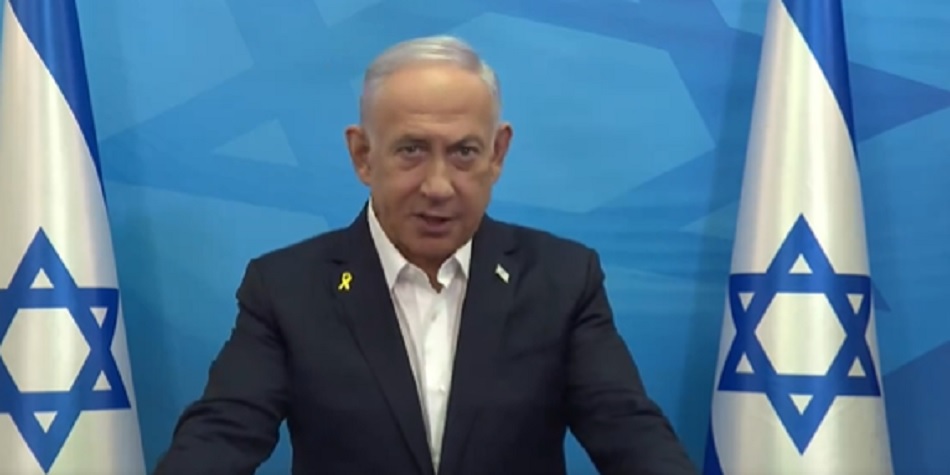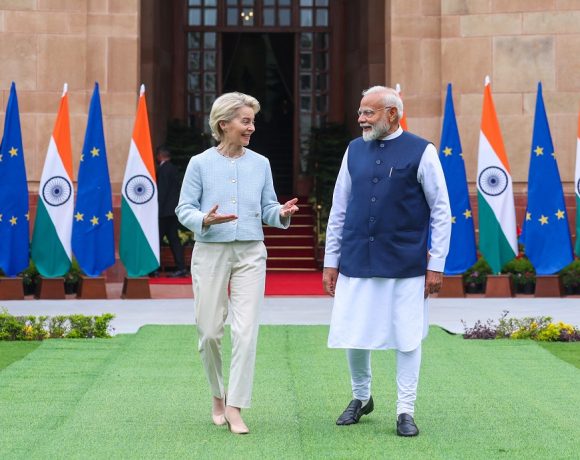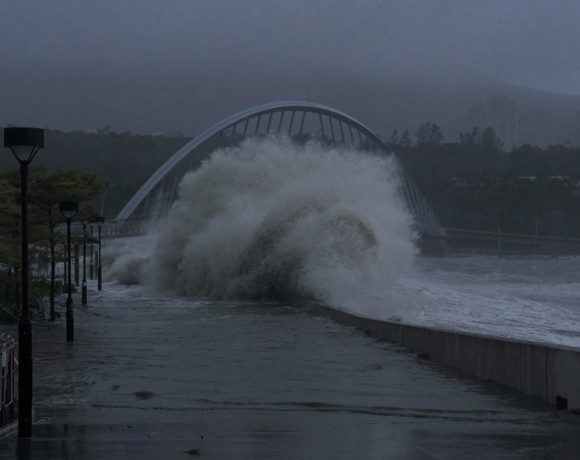
Israel Accepts Trump-Backed Ceasefire Proposal via Steve Witkoff
In a significant diplomatic development, Israeli Prime Minister Benjamin Netanyahu has informed families of hostages in Gaza that Israel has accepted a US-mediated ceasefire proposal. The plan was presented by Donald Trump’s Middle East envoy, Steve Witkoff, and marks one of the most direct US interventions since the Gaza war escalated in 2023.
The ceasefire proposal includes a 60-day halt in hostilities, during which 10 living hostages held by Hamas would be released. In addition, Israel would receive the bodies of 18 captives confirmed to have died in captivity. A key provision of the plan also ensures that the United Nations would resume delivery of humanitarian aid to Gaza.
This acceptance comes amid growing domestic pressure on the Israeli government to secure the release of hostages and de-escalate the conflict, which has lasted for over a year and led to high casualties and worsening humanitarian conditions in Gaza.
Hamas Reviews Ceasefire Offer with Caution
While Israel has agreed to the terms, Hamas has taken a more cautious approach. The group confirmed that it has received the ceasefire proposal from intermediaries and is currently reviewing its terms. In a statement, Hamas said it is “studying the offer” with an emphasis on ensuring that it meets the needs of the Palestinian people and leads toward a sustainable ceasefire.
Hamas has not explicitly rejected the offer but maintains that any acceptable agreement must include a permanent ceasefire, Israeli withdrawal from Gaza, and an end to the humanitarian crisis, particularly famine conditions in parts of the enclave.
Sources familiar with the proposal suggest that it aims to initiate a confidence-building phase, potentially paving the way for broader negotiations. However, the road ahead remains uncertain as Hamas weighs the political and strategic implications of accepting a deal brokered under the Trump-Netanyahu axis.
Humanitarian and Diplomatic Stakes High
The proposed ceasefire deal is being closely watched by international observers, including the United Nations, Egypt, and Qatar, all of whom are expected to be involved in mediating next steps. The humanitarian crisis in Gaza has intensified in recent months, with critical shortages of food, medicine, and shelter affecting over a million people.
If implemented, the ceasefire could provide temporary relief and create space for further diplomatic engagement. However, analysts warn that without concrete guarantees on longer-term issues like territorial control and political recognition, the ceasefire may be vulnerable to collapse.
The international community continues to urge both sides to show restraint and prioritize humanitarian needs. With Israel formally accepting the deal and Hamas still deliberating, the next few days are likely to determine whether this initiative marks a turning point—or just another missed opportunity in the decades-long conflict.


















